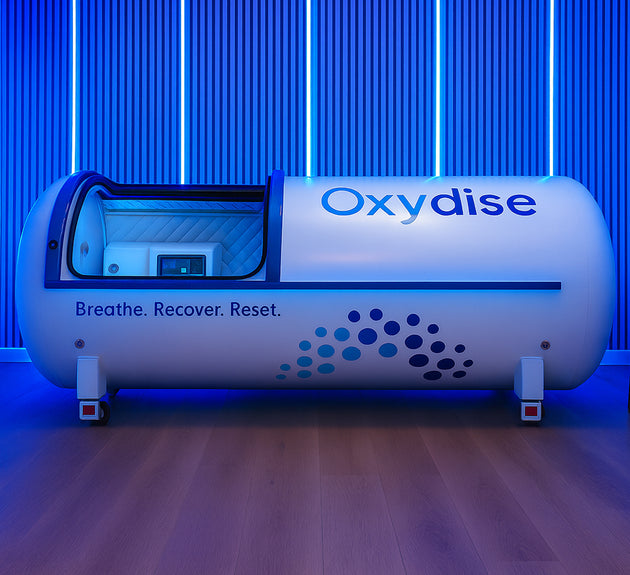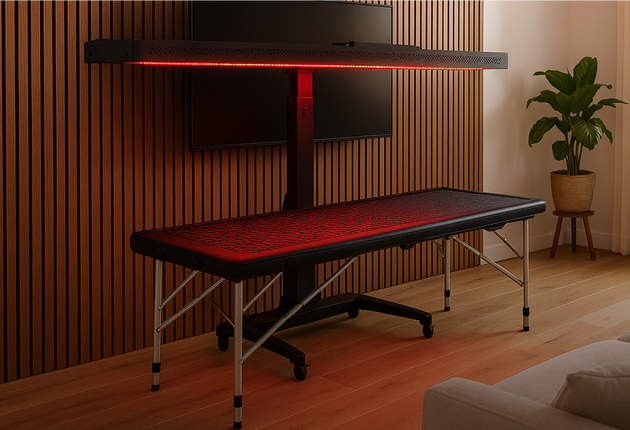Parkinson's disease (PD) is a challenging and progressive neurological condition that affects millions of people worldwide. Characterized by the gradual loss of dopaminergic neurons in the brain, PD leads to tremors, stiffness, and difficulties with movement and balance. While there is currently no cure, recent research has been exploring innovative treatments that could slow down the disease's progression or alleviate its symptoms, one of them is the use of hyperbaric oxygen therapy.
A recent study (https://pubmed.ncbi.nlm.nih.gov/35625589/) researched the potential benefits of HBOT in a mouse model of Parkinson's disease and in laboratory-grown human cells. Researchers wanted to understand how HBOT might protect brain cells, improve motor function, and possibly slow down the progression of PD. Results:
-
Protecting Brain Cells:
- In the study, mice were treated with a substance called MPTP, which mimics Parkinson's disease by causing damage to the brain's dopamine-producing neurons. When these mice were given HBOT, the number of healthy neurons in the brain increased significantly. This suggests that HBOT might help protect these crucial brain cells from dying.
-
Boosting Brain Health:
- HBOT appeared to boost levels of a brain protein called BDNF, which supports the growth and survival of neurons. It also reduced markers of inflammation and cell death in the brain. Inflammation and cell death are major contributors to the progression of Parkinson's disease, so reducing these could be key to slowing down the disease.
-
Improving Motor Function:
- One of the most encouraging findings was that HBOT improved the motor skills of the mice. After undergoing HBOT, the mice showed better movement, grip strength, and coordination, which are areas commonly affected by Parkinson's.
-
Enhancing Mitochondrial Function:
- The study also revealed that HBOT positively affected the mitochondria—the powerhouse of cells. In Parkinson's, mitochondrial dysfunction is a known problem. HBOT helped restore mitochondrial function by increasing the levels of proteins involved in energy production, which is crucial for the survival and health of neurons.
In addition to the animal study, researchers also tested the effects of HBOT on human cells grown in the lab. These cells were exposed to a toxin that causes damage similar to what is seen in Parkinson's disease. The results showed that HBOT helped protect the cells from damage, further supporting the idea that this therapy could be beneficial in treating Parkinson's.
The exploration of HBOT as a treatment for Parkinson's disease represents a new frontier in the fight against this debilitating condition. As research progresses, there is hope that HBOT, either alone or in combination with other treatments, could offer new possibilities for those living with Parkinson's.
















